Issue 8 : 24 June 2018
Talofa Lava, Kia Orana, Malo E Leilei, Tena Koutou, Hello ...
... and welcome to the latest issue of “For The Love Of The Game”, the official e-zine of the New Zealand Amateur Sport Association Inc. We hope you enjoy reading the articles below.
If you have any feedback on this issue, ideas for future articles, or would like to contact the Editor, please click here. And, you are invited to forward the e-zine to others you know, who may be interested in reading it.
If you are interested in applying for membership of the Association, please click here.
Bubs Reweti Puts Whanau First ...
At the annual Wellington Sports Awards held at Wellington’s TSB Arena last week, Rawinia Reweti received the Volunteer of the Year award. Rawinia (who is more well-known by her childhood nickname “Bubs”), has been involved with both PIC Netball and Ikaroa ki te Tonga Maori Netball in a volunteer career which spans three decades.
Originally from Waihau Bay on the East Coast, where she was brought up by her grandparents, Bubs has a passion for helping young people achieve their potential through sport. She is a Life Member of the Aotearoa Maori Netball Oranga Healthy Lifestyle Trust, which promotes the kaupapa of a healthy community and has attended nearly all of the Trust’s Tournaments since they first started in 1988.
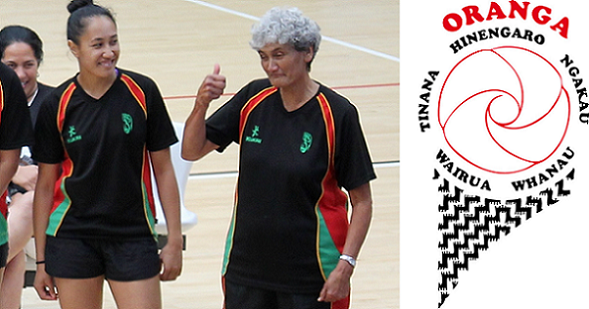
(Bubs Reweti, 2018 Volunteer of the Year at the Wellington Sports Awards)
Still involved in netball coaching with Sacred Heart College in Lower Hutt, in speaking with the Editor last week, Bubs believes the greatest value of being a sport volunteer comes from the many people she has met and the friends she has made through her sporting whanau, establishing connections across communities throughout New Zealand.
The Association congratulates Bubs on her recognition in the Wellington Sport Awards and hopes that her experience can become an inspiration to other volunteers in amateur sporting organisations throughout New Zealand.
Association Chairman Attends Wellington Mayoral Forum ...
The Wellington Mayoral Forum was formed to discuss matters of regional concern and interest, including amenities that residents view as important to the Wellington region's identity, quality of life, economy and attractiveness.
The Forum includes the Chair of the Greater Wellington Regional Council and the Mayors of Wellington region's eight territorial local authorities: Carterton District Council; Hutt City Council; Kapiti Coast District Council; Masterton District Council; Porirua City Council; South Wairarapa District Council; Upper Hutt City Council; and Wellington City Council.
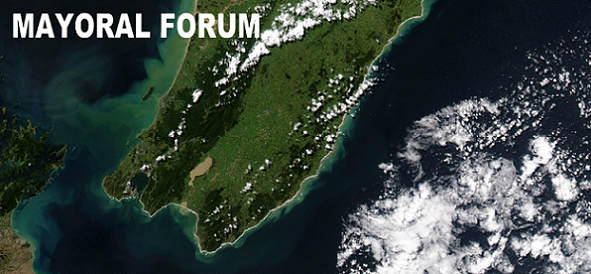
Last week, the Association’s Chairman, Gordon Noble-Campbell attended the Forum in Porirua, to promote Association membership to attendees. Porirua Mayor, Mike Tana noted that while many sport amenities exist across the region, there is an opportunity for Councils to review how amateur sporting bodies can best access them.
Sport Wellington Joins Association ...
"The Wellington Regional Sports Education Trust" (a Charitable Trust trading as “Sport Wellington”) is the latest sporting body to become a member of the Association.
The charitable purpose of Sport Wellington is “to facilitate all Wellingtonians participating and having a lifelong involvement in sport and recreation”. This purpose has a strong alignment to the Association’s focus on the “core values of organised amateur sport”.
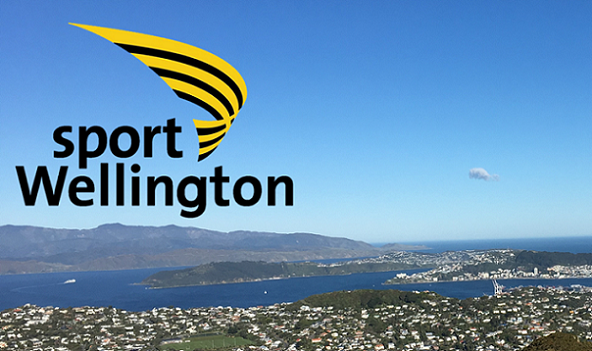
The Association looks forward to building a relationship with Sport Wellington as an Associate Member, based on the Association's three strategic pillars of amateur advocacy, community engagement and thought leadership.
Professionalism And Amateur Clubs ...
Has professionalism had an impact on the number of people participating in sport through community Amateur Clubs?
The Association recently launched its Amateur Club Community Engagement Ratio (or "ACCER"), based on data obtained from the Register of Incorporated Societies. An analysis of data relating to New Zealand’s two principal rugby codes (League and Union) suggests there is a prima-facie correlation between the growth in rugby professionalism and a decline in amateur club participation.
In the case of Rugby Union, in the decade pre-professionalism (1986-1996), there were 53 Clubs in total struck-off the Register (either at the request of the Club, or at the direction of the Registrar for failure to file financial accounts). In the decade post-professionalism (1996-2006), the number of Clubs struck-off (97 in total), was 83% higher.
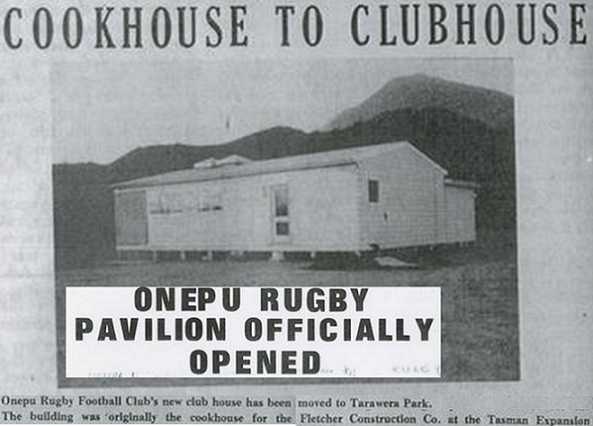
(Onepu Rugby Football Club's new clubrooms in 1976; the Club had folded by 2013)
What about Rugby League? The "Super League" (the predecessor of the Trans-Tasman ARL competition), commenced in 1997. Using the same comparison methodology, there were 28 Clubs in total that were struck-off the Register in the decade pre-Super League, (1987-1997). This compares to 242% more (96 in total), in the decade post-Super League (1997-2007).
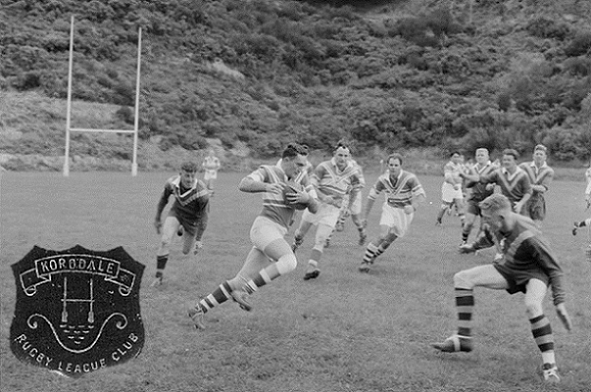
(Korodale Rugby League Club formed in 1951, in action above, survived for 42 years)
Amateur sporting organisations rely not only on active playing participants, but also on those volunteers willing to operate and maintain the community-based structures which facilitate their existence. In the case of these two rugby codes, the data suggests fewer people are willing to undertake these roles.
By Age 26, Only A Quarter Of Adults Continue To Play Sport ...
A recent (2015) survey undertaken by the Harvard "Opinion Research Programme" in the United States reveals that there is a sharp decline in sports participation among adults as they age.
While 40% of 18 to 21 year olds and 41% of 22 to 25 year olds were reported to currently play sports, only 26% of 26 to 49 year olds did so, with the number falling to 20% of adults aged 50+. In the survey, many adults who no longer played sports said they had hoped they would become a professional athlete when younger.
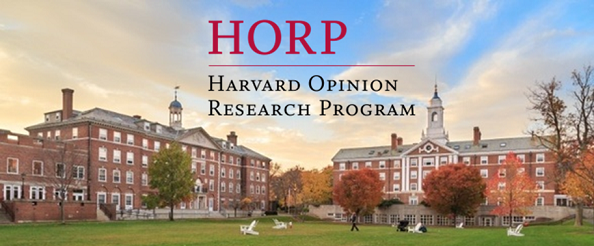
When adults aged 30+ were asked why they stopped playing the sport they played when they were younger, their top reasons were: "life changes" (25%), "no longer having enough time" (20%), or simply, "old age" (12%).
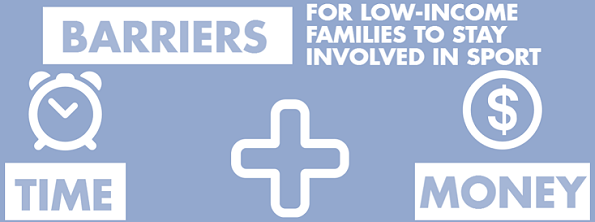
Of particular note, the survey reported that lower-income adults are less than half as likely to play sports as higher-income adults. And interestingly, unlike sports participation, exercise participation only slightly declines between when people are younger and adulthood.
From The Archives ...
LOCAL AND GENERAL
EVENING POST, VOLUME XCIV, ISSUE 118, 15 NOVEMBER 1917
“It comes somewhat as a surprise to learn that the amusement tax is collectible from all individuals who pay a subscription to football, hockey, tennis, bowling, swimming, croquet clubs, etc., and indeed, according to the Amusement Tax Commissioner, it is difficult to say what organisation can claim exemption.
As an illustration of the amount collectible, the member of a Bowling Club who pays an annual subscription of £3 3s will be asked to disgorge an additional 6s for engaging in a healthful pastime. What about the man who pays an annual subscription to a club in order to secure amusement from billiards, etc. Will he have to pay a tax? And the Sunday School pupil who attends a picnic for amusement.
The thing appears farcical, and it certainly could never have been the intention of our wise legislators that the tax should apply as suggested.”
Originating in Australia, the Amusement Tax was eventually enacted in New Zealand in 1917, by the then Finance Minister, Joseph Ward. While Ward argued that amusements “were luxuries that any man could do without”, at the time, it was argued that the tax would place an unfair imposition on working people, echoing the earlier complaint of the Secretary of the Melbourne Cricket Club who stated "it would be un-English to tax out-door sports".
Amateur sports were granted a temporary exemption from the Amusement Tax in 1941, "for patriotic reasons", with the Amusement Tax Act eventually being abolished in 1965.
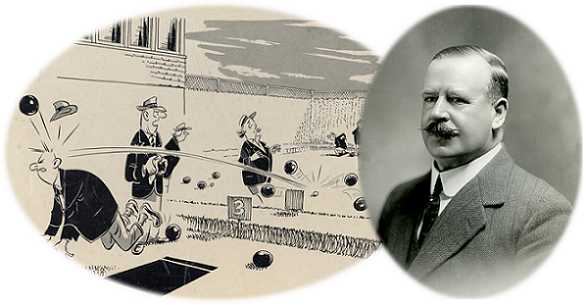
(Sir Joseph Ward, right, was behind the unpopular Amusement Tax on amateur sports)
The Final Word ...
“If you find you have a knack for something, keep going.”
(Rowan Hooper – author of “Superhuman”)